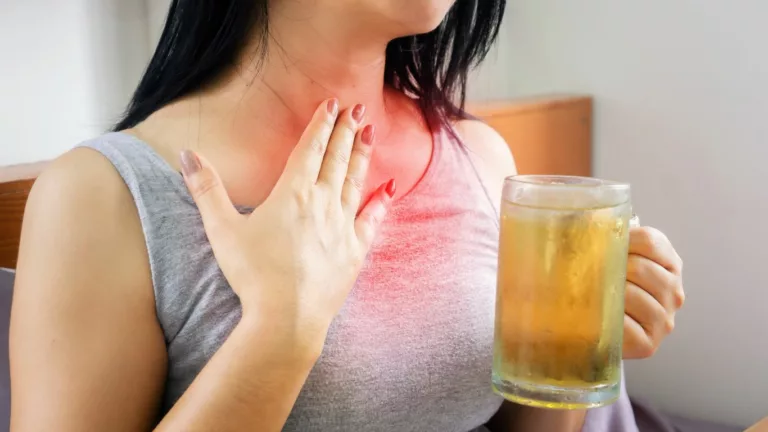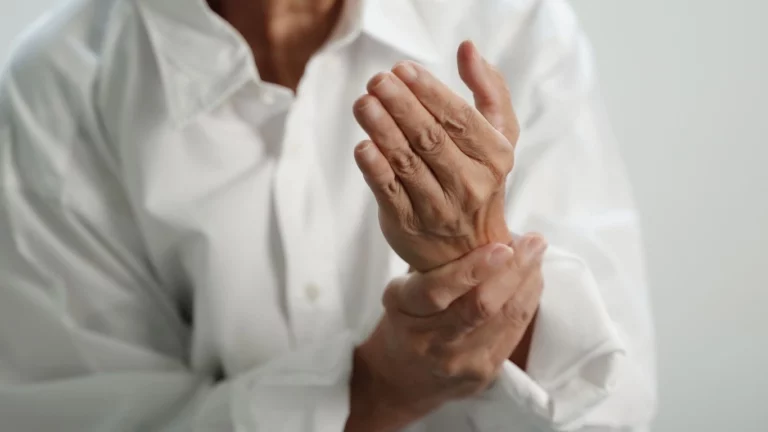Best GERD Safe Drinks for Hydration That Soothe, Not Trigger
Why Finding GERD-Safe Drinks Matters
If you’ve ever felt that burning sensation after drinking something that seemed harmless, you’re not alone. Gastroesophageal reflux disease—commonly known as GERD—can make even simple choices like what to drink feel overwhelming.
Staying hydrated is important for everyone. But for people with GERD, certain drinks can trigger symptoms like heartburn, bloating, or that sour taste in your throat. Fortunately, there are safe, soothing options that won’t cause a flare-up.
What Should You Avoid When You Have GERD?
Some drinks are known to relax the lower esophageal sphincter (the muscle that keeps stomach acid from backing up), which can make GERD symptoms worse. Here are common culprits to limit or skip:
- Coffee – especially if it’s caffeinated.
- Alcohol – particularly wine and beer.
- Carbonated drinks – bubbles can increase pressure in the stomach.
- Citrus juices – like orange or grapefruit juice, which are acidic.
- Mint teas – peppermint can relax the esophageal muscles too much.
That might sound like a long list, but don’t worry—there are still plenty of delicious and soothing choices.
What Are the Best GERD-Safe Drinks for Everyday Hydration?
Choosing the right drinks can help you stay hydrated without triggering symptoms. These options are generally gentle on the stomach and can even help ease irritation.
- Water – Plain, still water is the best and safest bet. Sip throughout the day instead of gulping large amounts at once.
- Herbal teas (non-mint) – Chamomile, ginger, or slippery elm teas can soothe the digestive tract.
- Aloe vera juice (diluted) – Small amounts of food-grade aloe juice may calm inflammation. Always choose unsweetened and speak to your doctor first.
- Coconut water – Naturally hydrating and less acidic than citrus drinks.
- Licorice root tea (DGL) – Can help protect the stomach lining. Look for “deglycyrrhizinated” versions to avoid side effects.
- Plant-based milks – Almond, oat, or rice milk are often better tolerated than dairy. Just check for added sugars or flavorings.
How Can You Make GERD-Safe Drinks More Enjoyable?
Let’s be honest—plain water can get a little boring. But there are ways to keep things tasty without triggering symptoms.
- Add a few slices of cucumber or a sprig of basil to your water for a light, refreshing flavor.
- Try chilled herbal teas over ice on warm days—chamomile and ginger are both tasty cold.
- Make your own “mocktail” with coconut water, aloe juice, and a splash of pear juice (low acid!).
- Freeze coconut water or almond milk into ice cubes for a hydrating treat.
Experiment with what feels good for your body—everyone’s different, and it’s okay to take it slow.
Can You Drink During Meals If You Have GERD?
This is a common question. Some people with GERD feel worse when they drink large amounts of fluid while eating. Here’s what you can try:
- Sip small amounts with your meal instead of drinking a full glass all at once.
- Wait 30–60 minutes after eating before drinking a larger beverage.
- Listen to your body—if drinking during meals makes your symptoms worse, adjust your timing.
You’re in control. Try different strategies and see what works for you.
When Should You Talk to a Doctor?
If your symptoms persist even with careful choices, it’s important to get medical advice. While hydration helps, GERD often requires a full treatment plan.
Reach out to a doctor if:
- You’re having frequent heartburn more than twice a week.
- Over-the-counter antacids aren’t helping.
- You’re losing weight without trying or have trouble swallowing.
Your doctor can help tailor a plan that includes lifestyle changes, safe medications, and nutritional guidance.
Takeaway: You Deserve to Feel Good Every Day
Managing GERD doesn’t mean giving up joy or hydration. With a little awareness and a few smart swaps, you can feel better and still enjoy your daily drinks.
Remember, this is about progress—not perfection. Be kind to yourself, celebrate small wins, and never hesitate to ask for help when you need it. You’ve got this.

Camellia Wulansari is a dedicated Medical Assistant at a local clinic and a passionate health writer at Healthusias.com. With years of hands-on experience in patient care and a deep interest in preventive medicine, she bridges the gap between clinical knowledge and accessible health information. Camellia specializes in writing about digestive health, chronic conditions like GERD and hypertension, respiratory issues, and autoimmune diseases, aiming to empower readers with practical, easy-to-understand insights. When she’s not assisting patients or writing, you’ll find her enjoying quiet mornings with coffee and a medical journal in hand—or jamming to her favorite metal band, Lamb of God.







